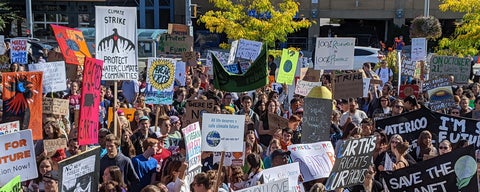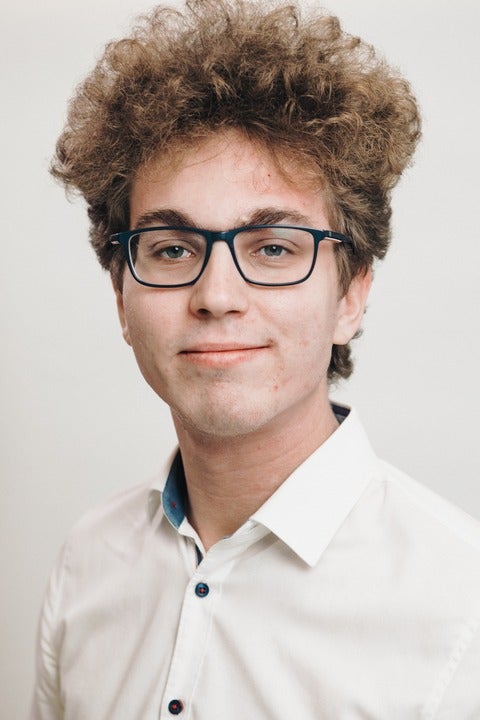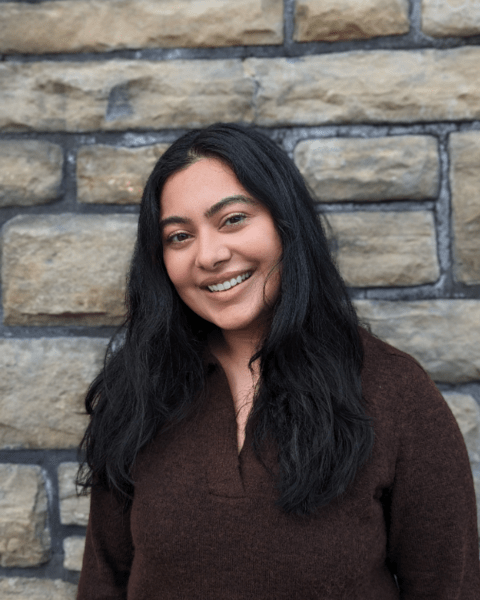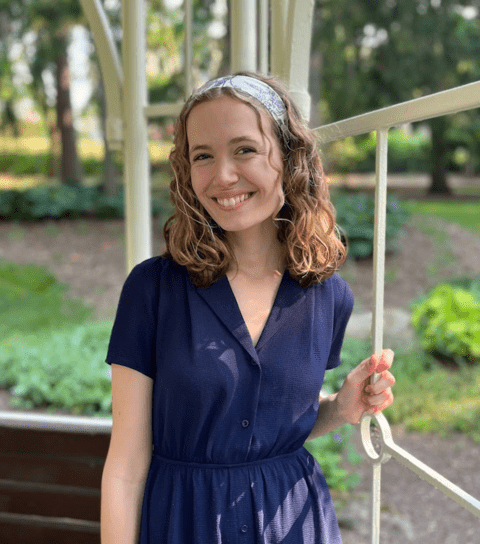Turbulent times like ours call for people who understand systems of violence and conflict, and who are prepared to build peace with justice. This involves identifying and transforming systems of violence, marginalization, and oppression, including racist, gendered and colonial violence at home as well as around the world. Whether working locally or globally, Peace and Conflict Studies is committed to imagining, educating, and ongoing learning that equips our graduates to pursue justice and peace.
PACS as a department is located on territory that is governed by the Dish with One Spoon Wampum and land promised to the Six Nations Confederacy in 1784 as part of the Haldimand Declaration. For more information, see Conrad Grebel University College's land acknowledgement and read about decolonization at the University of Waterloo's Office of Indigenous Relations.
Why Study Peace and Conflict Studies (PACS)?
Learn diverse ways to promote peace, equitable justice, and social change through a vibrant interdisciplinary program that combines the study of history, political science, sociology, and psychology to understand better the causes and impact of interpersonal, communal, and international conflicts and violence in different societies. You will explore theory, research, and practice in classes taught by leading peace and justice scholars and practitioners. As an arts student, you will bring a unique perspective and set of skills to peace and conflict studies. Your creativity, critical thinking, and empathy can help contribute to finding new and innovative solutions to the complex challenges of peacebuilding and conflict resolution.
Take courses on conflict mediation, non-violent social change, gender and peacebuilding, religion and culture, environment, community transformation, human rights and social justice, refugees and forced migration, negotiation strategies, trauma, healing, and restorative justice.
Prepare to become a peace practitioner, community leader, or entrepreneur in conflict management programs or work with community and international development organizations, education systems, law firms, social services, refugee resettlement program support agencies, and more after graduation.
Who are PACS graduates?
PACS graduates have gone into many careers and used their training in different ways.
To learn more about what students can do after they graduate from PACS, check out our alumni profiles
News
Robby Szolgyemy: On Conflict and Cultural Awareness
Robby Szolgyemy is finishing his 4A term as a Peace and Conflict Studies (PACS) and Anthropology student, but when he began studying at the University of Waterloo, PACS was not on his radar at all. It was not until he was searching for electives to fill his first-year schedule that the program caught his eye. He was drawn to the seemingly straightforward program name that described exactly what they would be studying: peace, and conflict. Robby enrolled in PACS, hoping that, if anything, he might be able to glean some wisdom from deconstructing past conflicts in his life. However, as he started taking courses like PACS 323: Negotiation Theories and Strategies, he was surprised to find just how useful these skills and concepts could be.
Robby quickly picked up Peace and Conflict Studies as his second major and began taking more PACS courses. He was impressed by the applicability of PACS courses to his professional life, especially as a co-op student. Robby has worked in several professional environments where concepts like negotiation and conflict resolution have proven useful.
Samantha Coelho (BA, PACS 2017): On Building Relationships with Empathy, Respect, and Dignity
“Holding space to have difficult conversations can be incredibly difficult,” said Samantha Coelho, an Advocacy and Networking Specialist at Mennonite Central Committee (MCC) Canada. “But I think having these conversations can lead to more intimate and fulfilling relationships, allow us to build empathy, and remind us to have humility about the positions we hold.”
Supporting marginalized communities, working for justice, and exploring creative approaches to addressing world issues have become a regular part of Samantha’s life, but her introduction to advocacy, justice, and peacebuilding began a decade ago during her undergraduate degree at the University of Waterloo and Conrad Grebel University College where she studied Arts and Business with a major in Peace and Conflict Studies (PACS).
Selah Woelk: On Community Peacebuilding and Restorative Justice
Selah Woelk is a University of Waterloo student with a passion for community-based peacebuilding and restorative justice. She is currently in her 4B term of the Peace and Conflict Studies (PACS) degree, with a Minor in Music.













